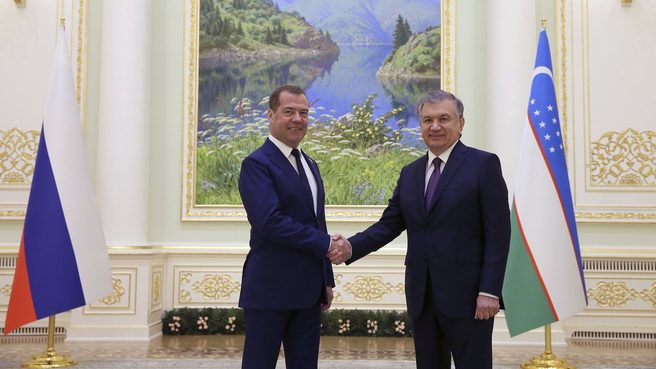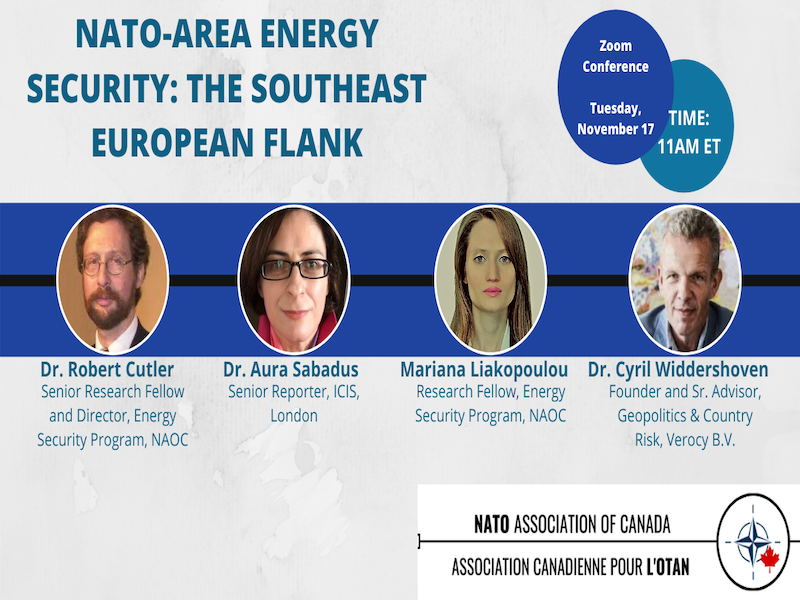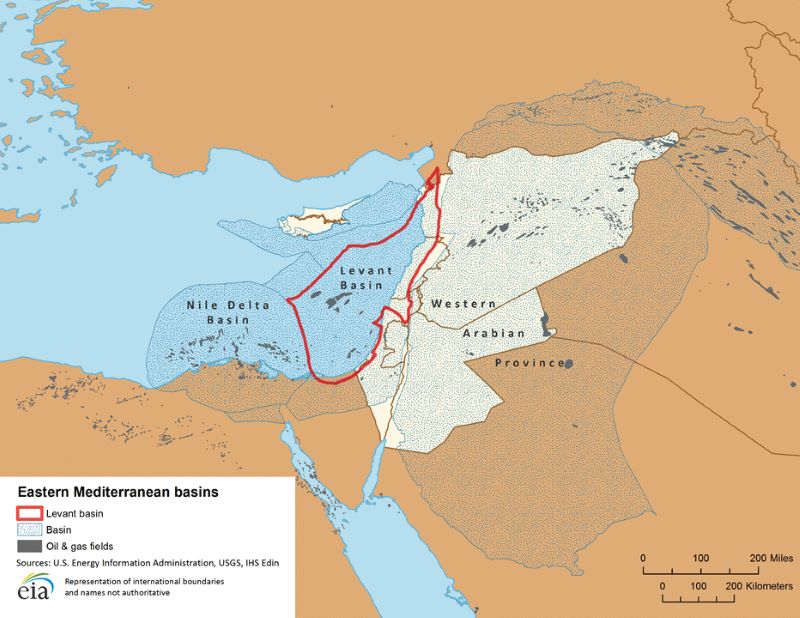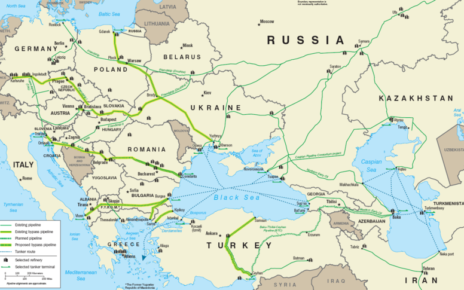Energy sector reform is moving quickly in Uzbekistan, and foreign direct investment (FDI) is skyrocketing. The country did not have an energy ministry until February of this year. Instead, the energy sector was in the portfolio of one of eight deputy prime ministers, who also covered metallurgy and geology. This excessive concentration of responsibilities was remedied by a government reform degree of President Shavkat Mirziyoyev last November, and the new energy ministry was created in February.
The former deputy prime minister Alisher Sultanov became energy minister and has embarked upon accelerated reforms. Only 51 years old, Sultanov has worked in Uzbekistan’s energy industry for almost 25 years. It could be said that he has worked his way up to the top.
The new energy ministry originally began as a composite of the state companies Uzbekneftegaz (oil and gas), Uzbekenergo (power generation), and Uzbekgidroenergo (hydroelectric). Uzbekenergo has already been broken up, at the end of March, into three companies: one for the thermal electricity and power generators, another for the large national and international transmission lines, and a third for internal distribution and sale to end-users.
Uzbekneftegaz is now also going to be split into three. These will be concerned respectively with the extraction and refining, with large pipelines of national and international scale (including for export but also including interregional distribution inside the country), and with the smaller distribution pipelines in the country that supply end-users, industry and consumers.
The Central Asian country, rich in resources, has been taking a series of steps to reform its economy, including liberalization of the foreign exchange market, reduction of tax burdens and improvement of the investment climate for foreign investors since Shavkat Mirziyoyev came to power following the presidential elections in 2016.
Increased energy and electricity production is necessary to support the industry that the country hopes to attract over the next decade, mainly through foreign direct investment (FDI). A big question is whether reforms of the banking system will be able to keep up the pace. Retail banking reforms seem to be rolling out impressively fast, but the investment banking is technically more complicated.
The foreign exchange market has been liberalized and the tax burden on FDI has been reduced. All this and more is necessary to achieve the announced national goal, endorsed by the World Bank, the transform Uzbekistan from a middle low-income state (about $2,000 per person per year) to a high middle-income state (about $8,000 per person per year). This is highly ambitious, of course, but at least it is a goal.
The government wants to go still further, privatizing gas distribution networks and refineries. It is planned that subsidies keeping the domestic price below the export price will eventually be eliminated. Sultanov foresees not only more efficient use of natural gas but also increased used of the abundant coal. At present, Uzbekistan consumes internally, as fuel, most of the gas that it produces: only 8-9 billion cubic meters per year (bcm/y) go to China, and 5 bcm/y to Russia.
Uzbekistan is also promoting the $3.6 billion gas-to-liquids (GTL) plant, in the Kashkadarya region near Turkmenistan, in order to reduce oil imports. The main partner is the U.S. company Air Products. Transportation costs for both imports and exports are increased by Uzbekistan’s being famous as one of two “doubly landlocked” countries in the world (the other is Liechtenstein: every country with which it has a border is, itself, landlocked).
Producing more refined produced domestically would enhance the country’s self-sufficiency. Sultanov believes that its gas is best used, not as fuel, but as feed-stock for polymer production. He spent 15 years of his career at the country’s premier gas-chemical facility in a variety of positions, not excluding construction and the overseeing of accounting.
Even under the regime of former president Islam Karimov, many countries were involved in developing Uzbekistan’s energy industry, including Japan and South Korea. Like all of Central Asia, Uzbekistan is geopolitically targeted by China and seeks to use Russia to counterbalance against that pull. It would seem that various sectors of Turkish industry, such as construction, might have good opportunities in Uzbekistan, as they have already shown in Kazakhstan and Turkmenistan.
Uzbekistan would welcome the additional diversification of its FDI, which it is using so as to pursue a strong and uncompromising anti-corruption campaign. For example, the new prosecutor general appointed just last year, after falling under accusations corruption, has now been fired by the president. The problem would be to find a good fit of industrial projects between the two national profiles, and then to implement the plans as efficiently as possible.
Photo: President Shavkat Mirziyoyev (right) meets with Russian Prime Minister Dmitry Medvedev. As Uzbekistan’s energy sector grows, they must both court foreign investment and balance between the two regional powers, Russia and China (30 May, 2019) By Russian Government via source. Public Domain.
Disclaimer: Any views or opinions expressed in articles are solely those of the authors and do not necessarily represent the views of the NATO Association of Canada.




